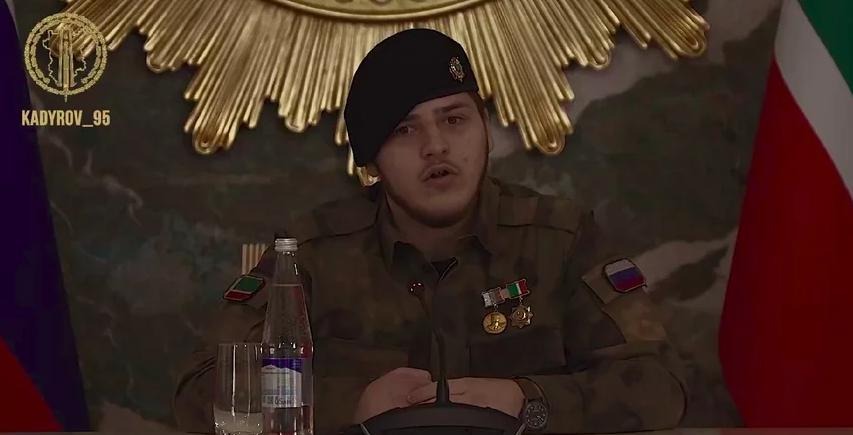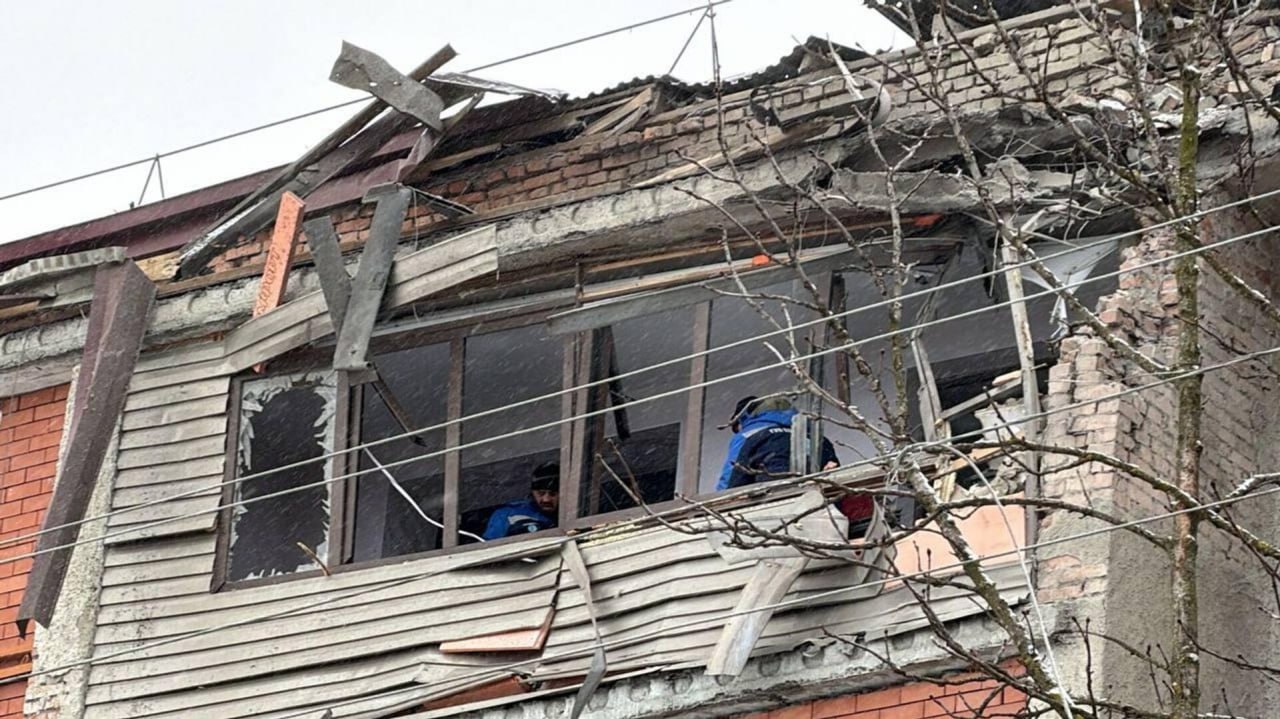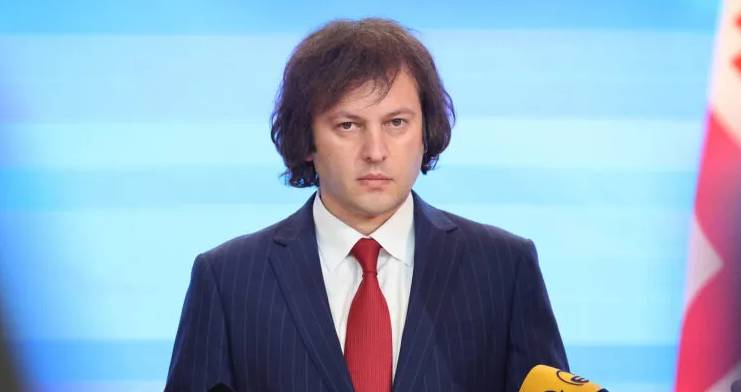Two days after media and Telegram channel reports of an accident involving the son of Chechen leader Adam Kadyrov, official sources have provided no information on the matter.

On January 10, the Southern District Military Court began the trial of Chechen Magomed Alkhanov, who is accused of participating in an attack on Pskov paratroopers in the Shatoi region of Chechnya in 2000.
40-year-old Alkhanov has already served 10 years of strict regime for participation in an illegal armed group and was released in 2014. Seven years later, he was detained again and is now charged with several serious charges: armed rebellion, banditry, encroachment on the lives of military personnel. In addition, the list of charges includes escape from prison, petty bribery and incitement to abuse of power.
According to investigators, Alkhanov was involved in an attack by an armed group under the command of Shamil Basayev and Khattab on servicemen of the 6th parachute company of the 104th regiment of the 76th Pskov Airborne Division. The attack took place on February 29, 2000 in the mountains near the village of Ulus-Kert, Shatoi district of Chechnya (at that time Alkhanov was 17 years old). In the battle for the strategically important position at Hill 776, 84 of 90 troops were killed and four more were wounded. The combined detachment of Basayev and Khattab, the investigation claims, numbered about 2.5 thousand militants.
However, according to data from Chechen sources published on various resources, the real number of Chechen resistance fighters who participated in the clash with a company of Pskov paratroopers did not exceed 70 people.
The latter looks funny and absurd even for residents of Chechnya who are not very knowledgeable in military affairs, since many of them know that during both Russian-Chechen wars there have never been such large detachments in the Chechen armed underground.
Magomed Alkhanov was detained in June 2021 at his home in St. Petersburg, where he lived with his family after his first imprisonment. After interrogation, he was transported to Essentuki, and then sent to the Astrakhan Regional Psychiatric Hospital for a psychological and psychiatric examination. He escaped from there with the help of FSIN employee D. Kukhtin. However, he was soon detained again.
Alkhanov admitted guilt only in part of the escape, saying that he did not give a bribe - his relatives transferred money to Kukhtin to buy a telephone and food. As for the main charges, he said that he did not take part in the attack on the Pskov paratroopers, although in December 1999 he joined the “Maskhadov guard”.
Alkhanov's lawyer claims that in his client's 49-volume criminal case, only a few pages are devoted to the attack on Russian military personnel. These are protocols of testimony of classified witnesses - already convicted participants in the Chechen resistance, who named his name and identified him from a photograph. However, one of them did not identify Alkhanov, saying that he had another person in mind.
Another piece of evidence is an extract from a secret list of 69 armed people who surrendered to the Russian military in the Chechen village of Selmentauzen in February-March 2000. The list was allegedly compiled by FSB officers in the same year 2000. However, as Memorial notes, when Alkhanov was convicted of participation in an illegal armed group, he did not appear in the case materials. The investigation refused to declassify the witnesses and this list, as the defense requested.
All this raises doubts about the authenticity of the prosecution’s evidence, human rights activists say. Perhaps such doubts would have arisen among the jury if Alkhanov had been tried by a jury. But when the defense tried to take advantage of this opportunity, the article of armed insurrection immediately returned to the case, which was not within the jurisdiction of the jury. Previously, she was excluded from the charges due to the expiration of the statute of limitations.



